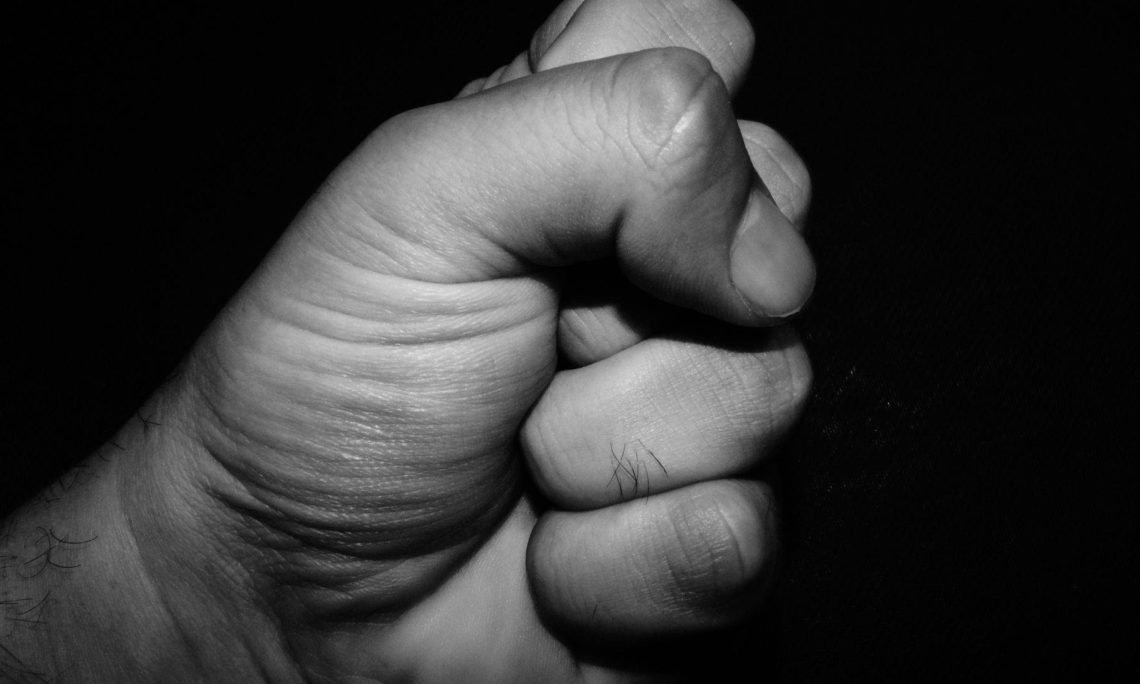
Susan Narjala
Keeping it Real

What The Will Smith Incident Reveals About Human Beliefs
The world gasped in collective disbelief as Will Smith slapped Chris Rock at the Oscars last week.
When the shock dissipated and clouds of “what just happened??!” lifted, the pervasive sentiment seemed to be “How could he?” or more specifically, “How could he get away with that?”
While Will Smith has since apologized and resigned from the Academy of Motion Pictures, in the initial hours after the incident, he didn’t exactly appear to be too remorseful. His Best Actor acceptance speech didn’t include a direct apology to Chris Rock. Instead, he excused himself by making references to defending his family. “Love will make you do crazy things,” the actor said glibly as he exited the stage at the Oscars.
But the audience at home wasn’t buying it.
While Chris Rock’s joke may have been deemed distasteful and unnecessary, across the board people wanted Will Smith to own up to his actions. Even people who usually swing to the side of moral relativism landed on absolutes when it came to the shocking moment at the Oscars. There was a clamor for an apology. There was a demand for consequences.
It was more than the fact that Will Smith’s actions were erratic and violent. It was also the fact that his demeanor was entitled and unremorseful. It was the fact that he seemed to be getting away scot-free—and that was Simply. Unacceptable.
The question on everyone’s mind was: Would he pay the price for his actions?
Here’s what, I think, our collective cry for punitive consequences reveals: Human beings innately believe that for wrongs to be made right, a price has to be paid.
Some of us think that Will Smith should have apologized to Chris Rock right away. Others think that he should have been arrested by the LAPD. Or that the Academy should have thrown him out as soon as he left the stage. Many are curious to know what kind of “disciplinary action” the Academy will take against Smith in the future.
But the Will Smith incident is just a microcosm, one tiny example, of how human beings fail. The Bible calls it sin. We don’t just have the propensity to sin, all of us actually sin. Some of us are “caught on camera,” while for most of us the world is not watching.
But whether anyone notices or not, the truth remains that for wrongs to be made right, a price has to be paid.
Here’s where the glorious good news comes in. We have Someone who rights our wrongs. We have Someone who bears the penalty for our sins past, present, and future. We have Someone who paid the price on our behalf.
All of us have our iteration of that “slap” that was heard across the world—whether it takes the form of arrogance or pride or entitlement or caustic words or harboring hate or… the list goes on. I’m familiar with that list—not because I’ve seen it unfold on screens, but because I’ve seen it play out in my life. Maybe you have, too. And maybe you’re feeling burdened by the weight of trying to right your wrongs by your effort. But, friend, there’s no way we can “make” ourselves perfect or blameless. Not 100 percent of the time. Not forever. That’s why Christ offers us His gift of forgiveness and grace. While we may still need to bear the painful consequences of our past sinful actions, we are freed from the penalty and guilt and shame when we receive that gift. In our “acceptance speeches,” we don’t need to excuse our actions or defend them or compare ourselves with others to appear less guilty.
The aftermath of the Will Smith incident revealed that the world is right: for wrongs to be made right, a price has to be paid. As human beings, created in the image of a good and holy and just God, we seem to inherently understand that.
But may we also know that there is One who paid the price on our behalf. So, we simply say, “Thank you for the Cross, Lord.” That’s all our acceptance speeches need to include before the orchestra strikes up and it’s our cue to exit the stage.
If you liked what you read, SUBSCRIBE for FREE so you get my posts in your inbox. Or you can follow my writing page on Facebook or Instagram
If this post resonated with you, or you think it might help someone else, hit those unobtrusive little ‘share’ buttons below. Thank you so much!


Comments
No Comments